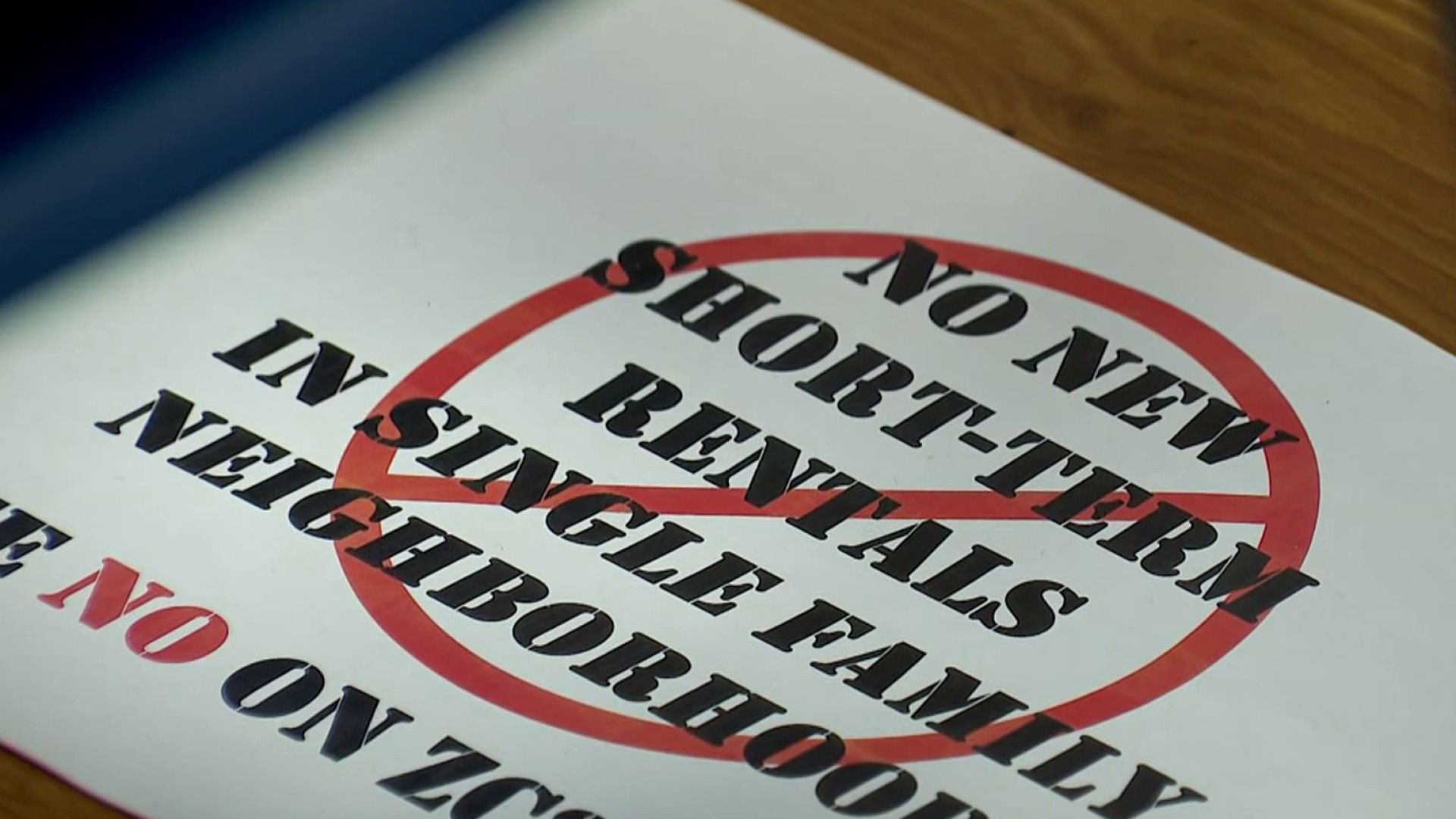North Texas native Selena Gomez recently received a kidney transplant from television actress Francia Raisa due to her struggle with lupus, the actress-singer revealed Thursday.
Gomez disclosed in an Instagram post confirmed by her publicist that she has been somewhat out of the spotlight this summer because she was recovering from the procedure. The 25-year-old calls the transplant "what I needed to do for my overall health."
The post didn't reveal Gomez's current condition or say where or when the procedure took place. Gomez's publicist declined to release more information.
Gomez wrote "there aren't words to describe" how she can thank Raisa, who she says gave "the ultimate gift and sacrifice by donating her kidney."
"I am incredibly blessed," she added.
The Instagram post includes a picture of Gomez and Raisa holding hands while lying side-by-side in hospital beds and another photo of a scar on Gomez's abdomen. The 29-year-old Raisa is best known for her role on the ABC Family series "The Secret Life of the American Teenager." Raisa's publicist didn't immediately return a request for comment Thursday.
Gomez revealed her lupus diagnosis in 2015 and took a break from her career last year to deal with anxiety, panic attacks and depression stemming from her battle with the disease.
Local
The latest news from around North Texas.
Lupus is an autoimmune disease, where the body mistakenly attacks its own tissues, sometimes including the kidneys. One healthy kidney is all the body needs, so a single kidney transplant can resolve the problem, said Dr. David Klassen, chief medical officer for the United Network for Organ Sharing, which runs the nation's transplant system.
"Lupus tends to be a disease of younger women, and younger people tend to do better with transplants than older patients, so the expectation is she would do quite well," he said of Gomez.
Lupus also tends not to come back after the operation — "the drugs that prevent kidney rejection are also very good for treating lupus, the underlying disease," Klassen said.
The causes of lupus are unknown. Symptoms can include bloody or foamy urine, unexplained weight gain, high blood pressure or swelling in the legs, ankles or around the eyes.
Only about 3 percent of kidney transplants are for lupus — most are due to diabetes or chronic damage from high blood pressure.
There were about 19,000 kidney transplants in the U.S. last year.
Gomez's story also sheds light on living kidney donors.
According to the United Network For Organ Sharing, More than 116,000 people are listed for an organ transplant nationwide. Nearly 6,000 transplants were made possible in 2016 by living donors.
T.J. Ragster, of Fort Worth received a kidney from a relative this week and understands the gratitude Gomez feels.
"It's seriously a life saver. That's the only way I can put it," says Ragster.
An unhealthy lifesytle caught up with him four years ago.
"The doctor drew some blood. He came back and he had tears in his eyes and he was like, 'I hate to tell you, but your kidneys aren't working,'" he says.
For four years, Ragster was on dialysis, which doctors say should only be a bridge treatment to transplant.
"A lot of times, we feel that this is it. This is the therapy. Dialysis has never been intended to be a destination therapy," says Dr. George Rofaiel, at the Medical City Fort Worth Transplant Institute.
However, he says many people wait for months or years on the transplant list.
"There's simply not enough kidneys to go around!" he says.
Ragster says he asked friends and family to be tested as a possible donor and is blessed that someone stepped up to the plate for him.
"If anybody is willing to go get checked to be a donor, please do," he urged the public.




